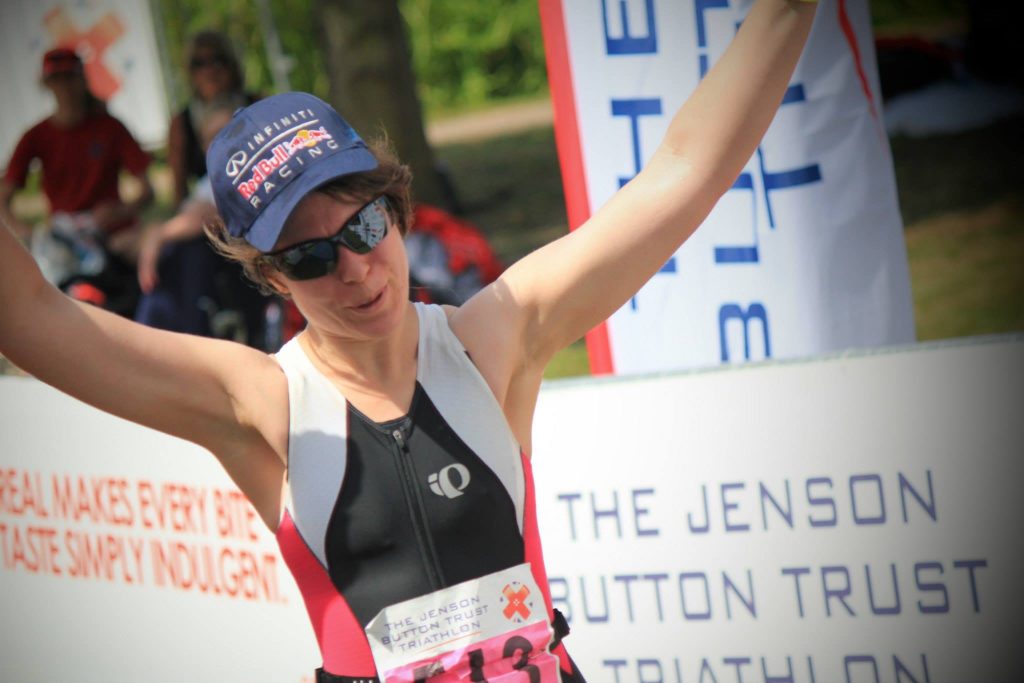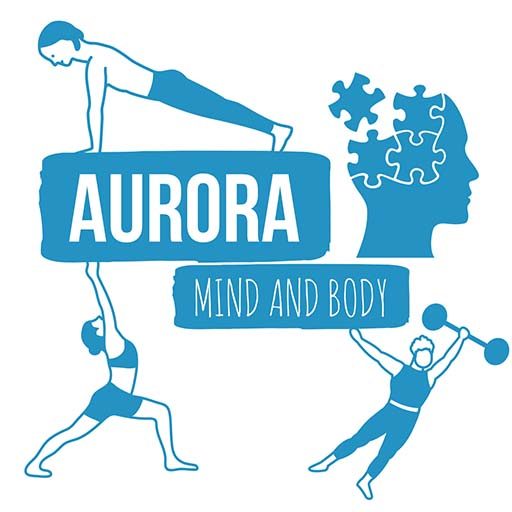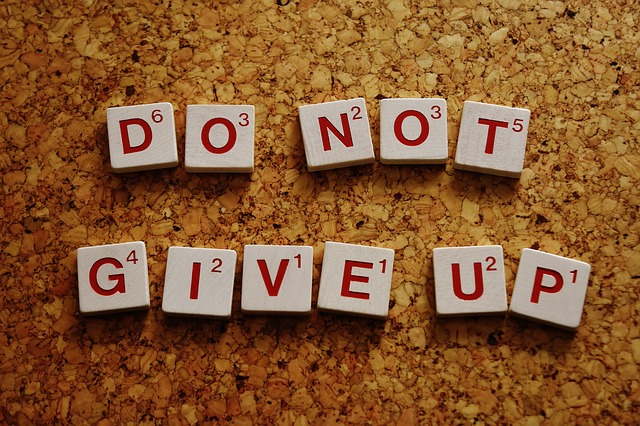Written by Nat Young – Clinical Hypno-Psychotherapist and Yoga Teacher

This is a picture of me after finishing the second leg of my first triathlon. It was a double super sprint distance – one super sprint triathlon in the morning, followed by another in the afternoon. It was also perhaps the scariest event I’ve ever taken part in due to the open water swim. I had only ever swam in open water once and that was about a week before the event (I won a place on the event the week before, so basically went into the event with no specific tri training!)
It’s amazing how much we can achieve with sheer determination but one thing’s for certain – I couldn’t have got through it without Nick’s coaching support in the week leading up to the event. The ability to provide this kind of support isn’t easily learned but Nick is a natural coach at heart. This is what makes him a fantastic Personal Trainer!
Mind challenges
While competing, I also gained a huge appreciation for the mind challenges you experience, especially when you don’t feel prepared for your event. I’d taken part in several running events before the tri and had been lucky enough to have the time to physically prepare for all of them. This event therefore felt very different – I had one week to get ready. Being something new that I had never done before, I was already feeling outside of my comfort zone. Then there were all the ‘monkey chatter’ thoughts over whether I was up to the challenge and whether I’d made a mistake by choosing to compete with no specific training. My determination combined with Nick’s coaching got me through that. Then there were the thoughts I had as I was competing – with Nick watching from the sidelines, dealing with these was all down to me. ‘That person is in front of me – I need to beat them’, ‘Argghh why can’t I swim as fast as everyone else?’ , ‘My legs hurt’, ‘I feel sick’, ‘It’s really hot’, ‘Oh crap I’m hungry’. You get the idea…
Mental preparation
While I now have training in sports performance hypnotherapy and understand the science behind mind fitness, no amount of experiential training is a substitute for the experience you gain out there, experiencing those mental challenges for yourself. The whole experience taught me that mental preparation is just as important as physical preparation, if not more so. Without it, I don’t think I would have got over the finish line.
Get in touch
If you’re looking for a Personal Trainer or sports performance hypnotherapist to support you through your next fitness challenge (especially if that challenge is overcoming the barriers to get started), please get in contact so we can have an informal chat about how we can help you meet your goals. We can help you #getmindandbodyfit!





